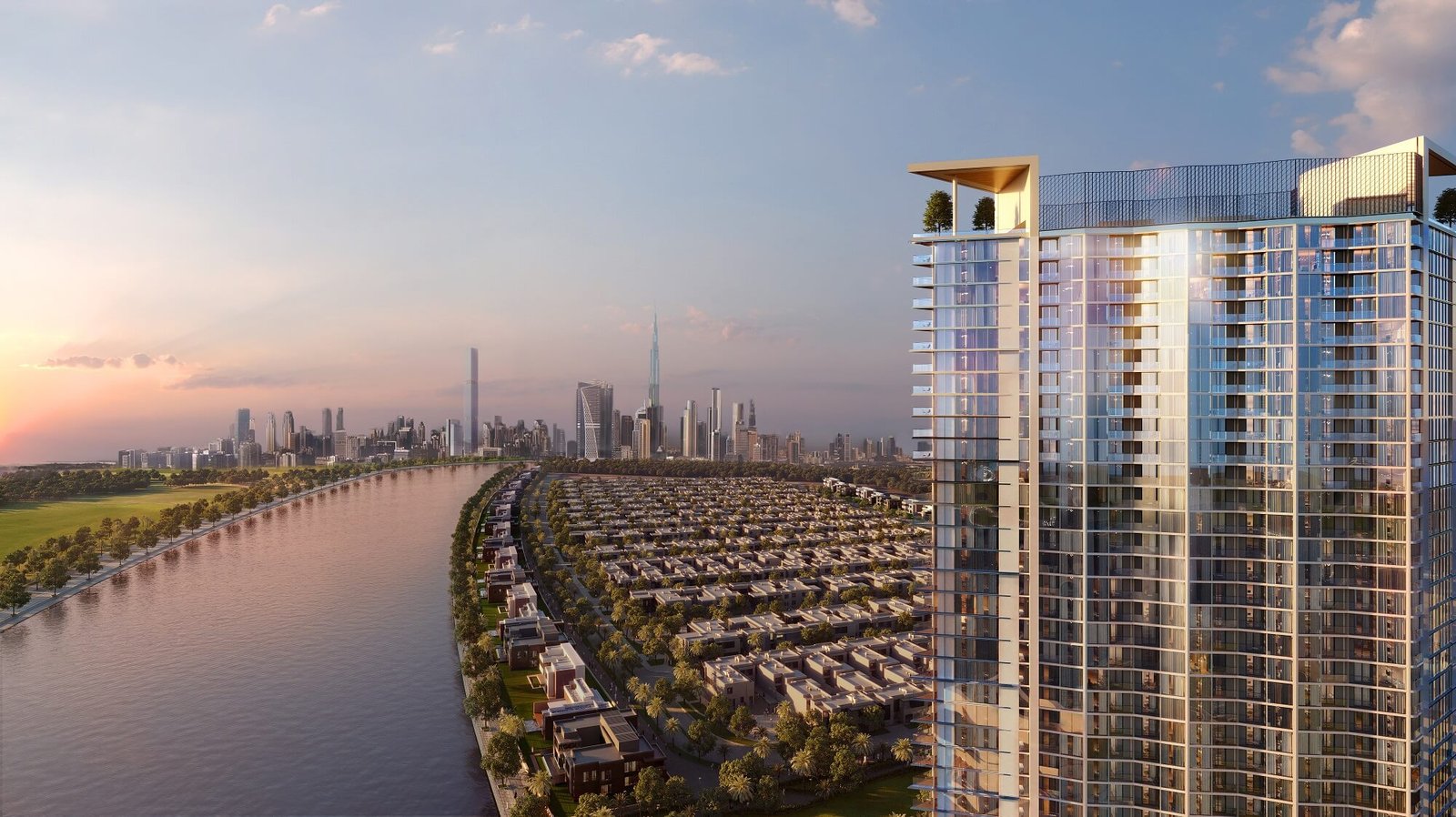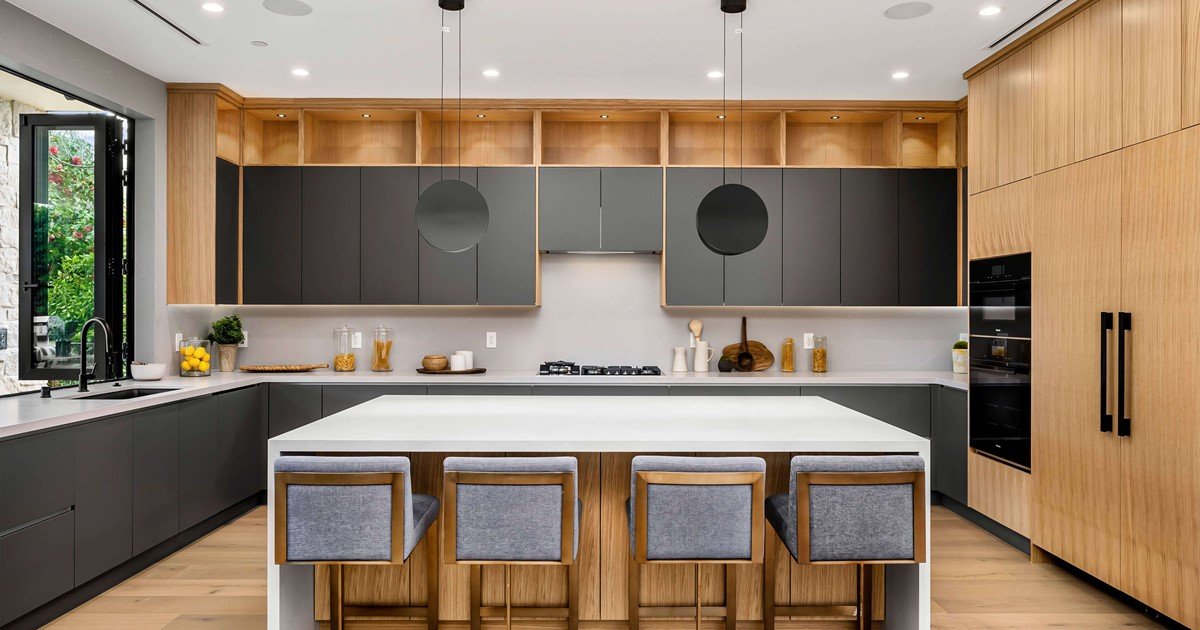Investing in Dubai’s real estate market offers two primary avenues: off-plan properties and ready properties. Each option presents unique advantages and challenges that can significantly impact an investor’s profitability. This comprehensive analysis delves into the intricacies of both investment types, providing insights to guide potential investors in making informed decisions.
Understanding Off-Plan Properties
Off-plan properties in Dubai are real estate assets that are sold before their construction is completed, often even before it begins. Investors purchase these properties based on architectural plans, renderings, and the developer’s reputation.
Advantages of Off-Plan Properties:
- Lower Entry Prices and Flexible Payment Plans: Developers often offer off-plan properties at prices lower than comparable ready properties to attract buyers. This can result in significant savings.
- Potential for Capital Appreciation: As the project progresses and the surrounding infrastructure develops, the property’s value may increase, offering substantial returns upon completion.
- Customization Opportunities: Investing early provides the chance to influence design elements, finishes, and layouts, tailoring the property to personal preferences or market demands.
Challenges of Off-Plan Properties:
- Construction Delays: There’s a risk of delays, which can postpone potential rental income or personal use.
- Market Fluctuations: Economic downturns during the construction phase can affect property values, potentially reducing anticipated profits.
- Developer Reliability: The final product’s quality and timely delivery depend heavily on the developer’s reputation and track record.
Understanding Ready Properties
Ready properties are fully constructed and available for immediate occupancy or rental.
Advantages of Ready Properties:
- Immediate Returns: Owners can start generating rental income or move in immediately after purchase, ensuring prompt utilization of the investment.
- Tangible Asset Assessment: Buyers can inspect the property firsthand, assessing build quality, finishes, and the surrounding community before committing.
- Established Market Data: Historical data on rental yields and property appreciation in the area can guide investment decisions, reducing uncertainty.
Challenges of Ready Properties:
- Higher Upfront Costs: Ready properties often come at a premium compared to off-plan options, requiring a larger initial investment.
- Limited Customization: Modifying existing structures can be challenging and costly, offering less flexibility than off-plan purchases.
- Potential for Immediate Maintenance: Depending on the property’s age and condition, there might be immediate maintenance or renovation costs.
Profitability Analysis: Off-Plan vs. Ready Properties
When evaluating which property type maximizes profit, several factors come into play:
- Market Appreciation Potential: Off-plan properties, purchased at lower prices, may experience significant appreciation by the time of completion, especially in high-demand areas. However, this is contingent on market conditions and the successful execution of the project.
- Rental Income Generation: Ready properties for sale in Dubai offer immediate rental income, providing a steady cash flow. In contrast, off-plan properties require investors to wait until project completion to start generating rental returns.
- Risk Assessment: Off-plan investments carry inherent risks, including construction delays, market volatility, and potential changes in regulations. Ready properties present fewer uncertainties, allowing investors to make decisions based on existing market data.
- Liquidity Considerations: Selling an off-plan property before completion can be challenging, depending on market demand and contractual obligations. Ready properties are generally more liquid, as they can be sold or rented out immediately.
Case Study: Dubai’s Real Estate Market
Dubai’s real estate landscape offers a dynamic environment for both off-plan and ready property investments.
Off-Plan Market Insights:
- Emerging Developments: Areas like Dubai Creek Harbour and Jumeirah Village Circle (JVC) are witnessing a surge in off-plan projects, attracting investors with competitive pricing and promising future growth.
- Developer Incentives: Developers in Dubai often provide attractive incentives for off-plan buyers, including post-handover payment plans, fee waivers, and guaranteed rental returns for a specified period.
Ready Property Market Insights:
- Established Communities: Neighborhoods such as Dubai Marina, Downtown Dubai, and Palm Jumeirah offer ready properties with proven rental yields and strong resale values.
- Immediate Occupancy: Investors seeking immediate rental income or personal use prefer ready properties in these well-established areas.
Regulatory Considerations:
The Dubai Land Department (DLD) and the Real Estate Regulatory Agency (RERA) have implemented measures to protect investors, particularly in the off-plan segment. Developers are required to meet specific criteria before launching off-plan sales, including:
- Escrow Accounts: Developers must maintain escrow accounts to ensure that funds collected from buyers are used exclusively for the project’s construction.
- Project Milestones: Access to buyer funds is contingent upon the developer achieving certain construction milestones, reducing the risk of project delays or cancellations.
Financing Options for Ready Properties
When considering the purchase of ready properties in Dubai, understanding the available financing options is crucial. Both residents and non-residents have access to mortgage facilities, though the terms and eligibility criteria can vary.
For Residents:
- Loan-to-Value (LTV) Ratios: UAE nationals can secure up to 80% financing for properties valued up to AED 5 million, while expatriates are typically offered up to 75% financing for the same property value. For properties exceeding AED 5 million, the LTV decreases, requiring a higher down payment.
- Interest Rates: Competitive interest rates are available, with options for fixed or variable rates. Rates can vary based on the lender, loan tenure, and the applicant’s financial profile.
- Eligibility Criteria: Applicants must demonstrate a stable income, with banks often requiring a minimum monthly salary and a certain length of service with the current employer. A good credit history and a debt-to-income ratio within acceptable limits are also essential.
For Non-Residents:
- Mortgage Availability: Non-residents can obtain mortgages in Dubai, though options may be more limited compared to residents. Several banks offer non-resident mortgage programs, but the terms can be more stringent.
- Loan-to-Value (LTV) Ratios: Non-resident investors are typically required to make a down payment of at least 20% for properties valued up to AED 5 million. For properties above this value, the minimum down payment increases to 30%. However, some banks may finance only up to 50% of the property value for non-resident applicants.
- Interest Rates: Interest rates for non-residents may be higher than those offered to residents, reflecting the increased risk perceived by lenders.
- Documentation Requirements: Non-resident applicants need to provide proof of identity, bank statements, proof of income, and other financial documents. Some banks may also have a list of approved property developers and projects for mortgage financing, so it’s essential to ensure the chosen property falls under this list.
Additional Considerations:
- Mortgage Registration Fee: A fee of 0.25% of the mortgage value is payable to the Dubai Land Department for registering the mortgage.
- Insurance Requirements: Lenders typically require life and property insurance policies to be in place as part of the mortgage approval process.
- Pre-Approval Process: Obtaining a mortgage pre-approval can provide clarity on the budget and streamline the property search process. Pre-approval letters are generally valid for 60 to 90 days, depending on the lender.
Conclusion
Choosing between off-plan and ready properties in Dubai requires a thorough assessment of individual financial goals, risk tolerance, and investment timelines. Off-plan properties offer the allure of lower entry prices, flexible payment plans, and potential for significant capital appreciation, especially in emerging areas. However, they come with inherent risks such as construction delays and market volatility.
On the other hand, ready properties provide the advantage of immediate occupancy or rental income, allowing investors to capitalize on current market conditions. While they may require a higher upfront investment, the ability to assess the property’s condition and the established nature of the surrounding community can offer greater peace of mind.
Financing options are available for both property types, with various mortgage products tailored to residents and non-residents alike. It’s essential to understand the terms, eligibility criteria, and associated costs to make an informed decision.
Ultimately, the decision should align with your investment objectives, whether they prioritize immediate returns, long-term appreciation, or a balance of both. Engaging with real estate professionals and financial advisors can provide valuable insights tailored to your specific circumstances, ensuring that your investment in Dubai’s dynamic real estate market is both strategic and rewarding.













Leave a Reply